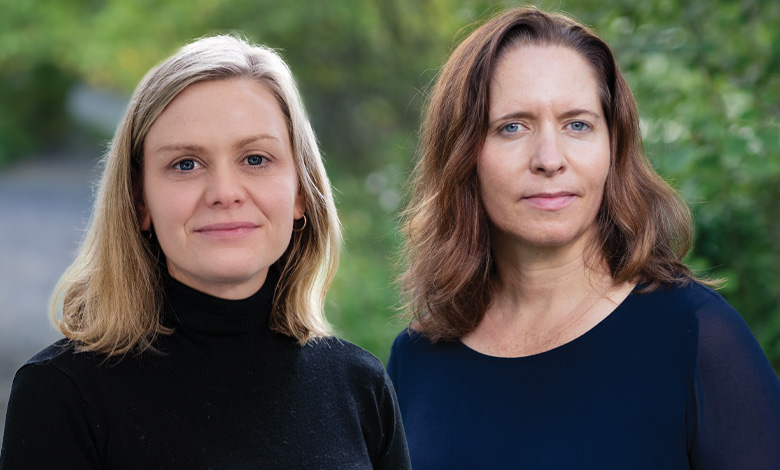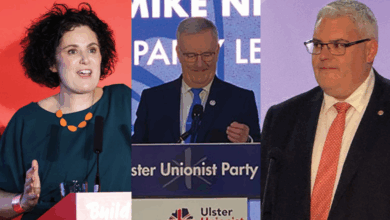Leveraging Ireland’s climate justice leadership: Time to abandon organised hypocrisy

Despite Ireland’s ambitious climate commitments and its unique potential to be a global leader in climate justice, a significant shift in Ireland’s climate policy is urgently needed, write Jennie C Stephens, professor of climate justice, ICARUS Climate Research Centre, Maynooth University, and Orla Kelly, assistant professor in social policy, University College Dublin.
Ireland remains a laggard within the EU in terms of climate policy implementation. To date, we have been ineffective in achieving our climate targets because of both policy misalignment and prioritisation of corporate interests over the public good. From energy to agriculture, from expanding data centres to intensifying meat and dairy production, we are not on track to meet our emissions targets because policies continue to incentivise carbon-intensive growth and private sector profits rather than investing in the needs of communities.
The transformation of the Irish economy from stagnancy and isolation in the 1980s to now being one of the ‘best-performing’ in the EU has required successive governments to deftly leverage our national assets, political relationships, and social capital in creative and sometimes conflicting ways.
To balance the interests of multiple and sometimes conflicting stakeholders, the State has often engaged in decisions, actions, and policies that are systematically in conflict – a documented phenomenon known in social science as ‘organised hypocrisy’.
For example, it successfully straddled the process of political integration into the EU while retaining the controversial tax loopholes to remain a hub for US foreign direct investment (FDI). Our cultural acceptance of ambiguity has enabled this paradoxical policy paradigm to persist.
While some of us have benefited from these policies, and our nation has been transformed in the last five decades, the way the Irish economy has expanded has come at considerable social and ecological costs. The negative impact of Ireland’s current policies on marginalised communities cannot be ignored. From a social perspective, our preference for economic expansion and market-based policies has led to myriad challenges, including an acute housing crisis and an overburdened healthcare system, which has led to widespread frustration and political polarisation, especially within marginalised communities that have suffered from decades of underinvestment.
Ecologically, we hold the dubious distinction of being the country in the world with the worst wetlands depletion of any nation in the world and the worst level of destruction of our native forests. Further, the country is not on track to meet its commitments under the Paris Agreement and is facing fines totalling millions of euros as a result.
But Ireland has what it takes to change course – and leverage its unique combination of accumulated wealth, social solidarity, and commitment to fairness to demonstrate global leadership on climate justice.
We have the potential to inspire the world with our actions. There is widespread acceptance and understanding among the population about the gravity of the challenges that are beginning to unfold as our world is warming.
Rather than worsening social divisions through continued policy misalignment and prioritising private sector incentives over public investments in communities, there is now an opportunity for bold leadership by adopting a justice-oriented approach to climate action.
Given our relatively privileged global position in terms of wealth and temperate climate and building on our deep-rooted historical memory of injustice, we have the responsibility and the privilege to demonstrate bold leadership by reprioritising wellbeing for all over profits for the few.
A reorientation of our economic and social systems toward public investments to support more local, regenerative, and community-focused production of food, energy, and other necessities is essential. A focus on regenerative (rather than extractive) investments in people and communities will not only improve human wellbeing and restore social cohesion but also bring back ecological health of our land and water.
While the business-as-usual, organised hypocrisy approach has achieved gains for some Irish people in the past, for a healthy and stable future there is an urgent need and a current window of opportunity for Ireland to demonstrate climate justice leadership by focusing on policy alignment and public community investments.





